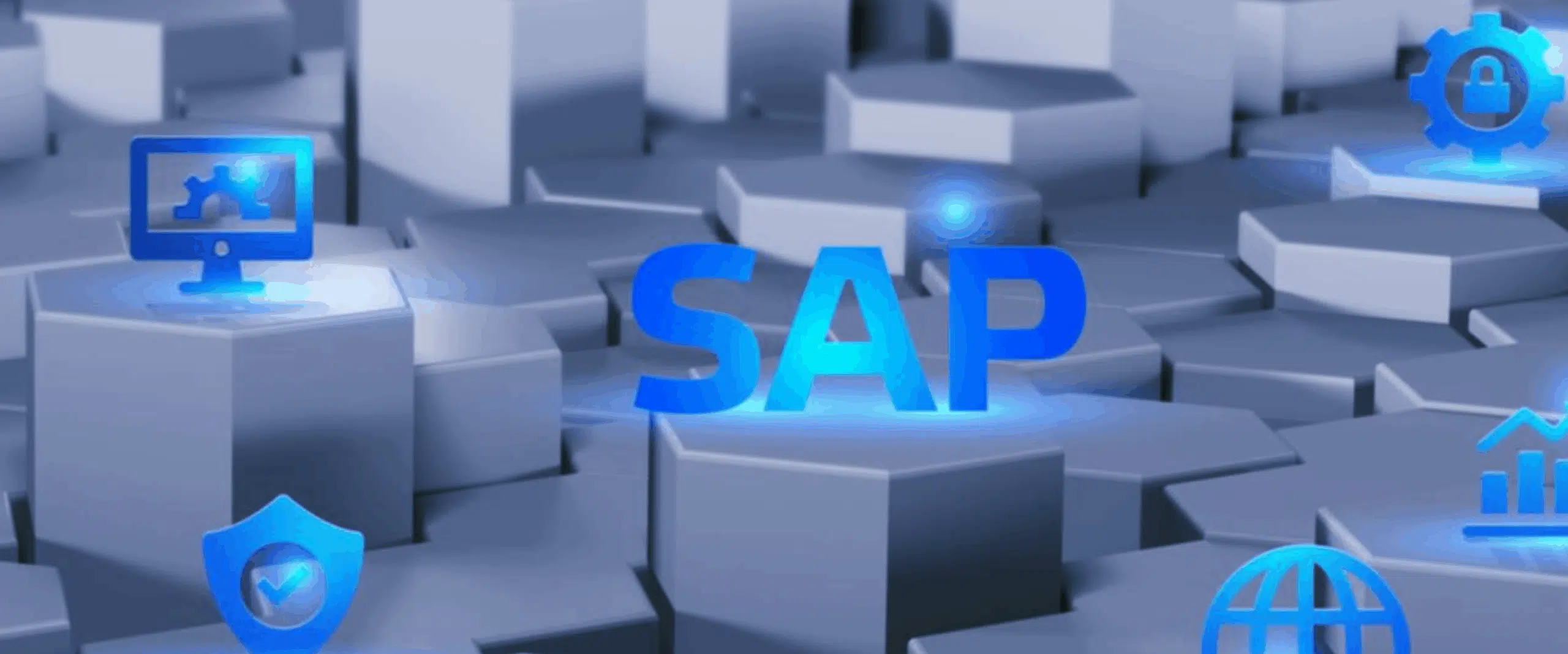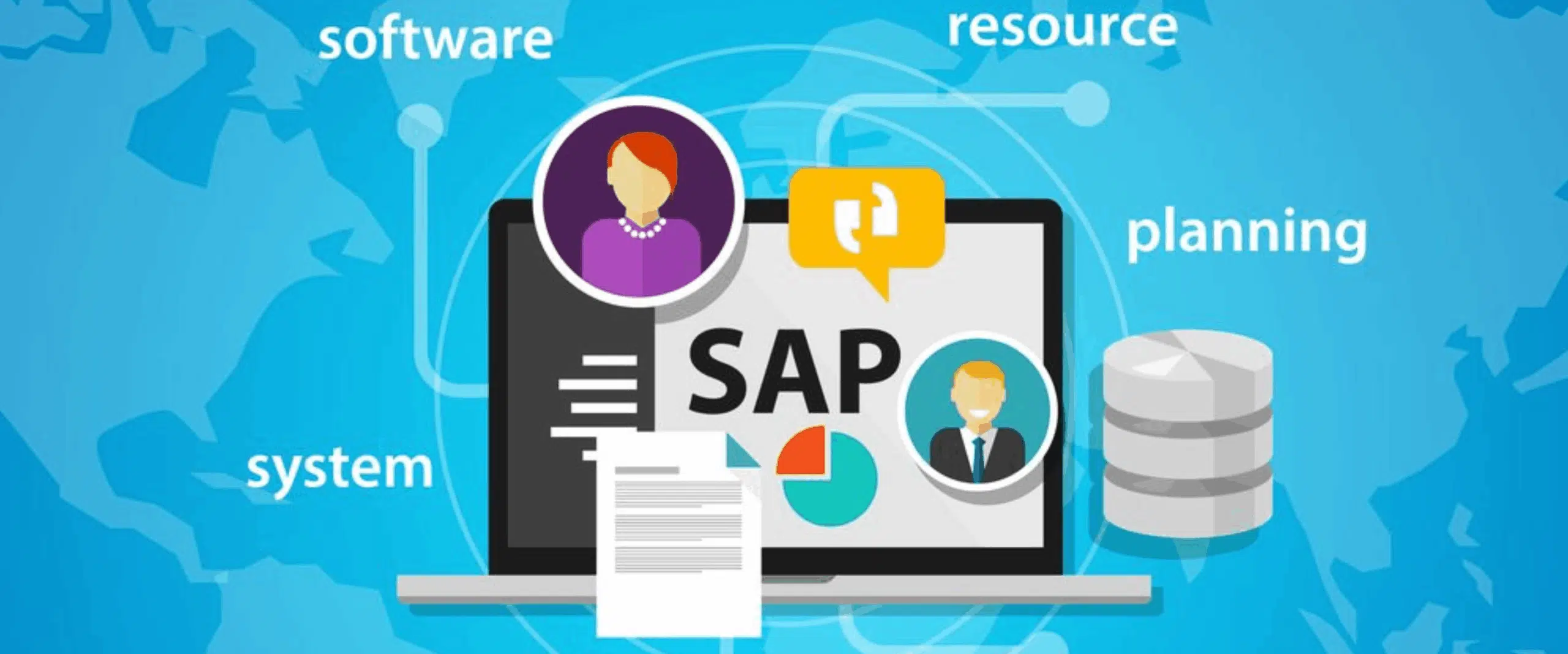By 2025, SAP will no longer support the SAP® ECC business suite. As an SAP user, you have to understand that this change is inevitable. Unlike upgrades within SAP® ECC software upgrading to SAP® S/4 HANA is entirely different as SAP® designed S/4 HANA from the ground up and changed the structure and foundation.
There are four ways a customer can migrate to SAP® S/4 HANA:
- Starting a New Implementation (Greenfield approach).
- Complete System Conversion (Brownfield approach).
- Landscape Transformation (For those who want to consolidate their current system landscape into S/4 HANA
- Shell Conversion (Bluefield approach)
Each method has its own advantages and challenges. Before choosing any of these methods, we should take a look at the database, platform, and configuration and decide on which one suits best for the given situation.
Considering all the factors and selecting the right approach for migration will play a key role in your business in the long term for successful transformation.
Analyzing each method:
Greenfield Approach — New Implementation:
This is a clean slate approach where you start from scratch. You can be an existing SAP customer or a non — SAP customer to use this approach. A new implementation is more like leaving behind the old/legacy system and starting from scratch. Although this is a complex change to the business, it’s significance in improving the business in terms of efficiency and flexibility outweighs the complexity. S/4 HANA is both functional and technical change incorporating the best business practices developed over decades.
Steps involved in this approach:
- The current development stage of business and its systems are deeply analyzed.
- All the systems and processes are reinstalled and adjusted to the new software.
- Once systems are set up, master data is migrated.
- Users are trained accordingly
- Followed by Go-live.
While migrating, a parallel system is to be run to keep things going as a temporary solution. If your current ERP or business system is complex and older, this approach is the best suit. This approach will cost more and a lot of design and thinking have to be done during the business process review so that a true re-design and industry best business practices can be implemented.
Brownfield Approach System Conversion:
To the existing SAP customers, SAP® introduced an approach called, “System Conversion”. This involves upgrading the existing SAP® ECC software to SAP® S/4 HANA. Efforts needed are certainly less compared to the first approach. Any technical migration issues in this approach are already addressed by SAP® with its guidelines and conversion tools. Brownfield implementation is about refining what you already got. The downside to this approach is that it limits how much re-design you can do. This will also hinder in-terms of improving your business processes from the ground up. The thought process will always be migrating existing business processes to S/4 HANA without any major improvements.
Landscape Transformation
This approach gives customers a flexible way to consolidate or migrate selected parts of the business. A phased approach can be followed to move to the SAP S/4 HANA before shutting down the old system completely. This approach suits for enterprises with SAP and non — SAP/legacy systems, who got into merger or acquisitions and wanted to consolidate to one global S/4 HANA platform. This approach involves moving one business group or a division or certain geographic area and build a template for migration. Once this is successful, the companies move the rest of the business groups, divisions, or geographic areas in different phases. This approach will take a lot more time to implement and there might be some repetitive tasks that need to be performed for every phase. The advantage of this approach is the change management will be implemented in phases as well so that there will be less disruption in day to day business operations.
The Bluefield Approach/Shell Conversion: (3rd Party Hybrid Approach)
In this approach, third party implementation companies like Denken Solutions, work with customers to create a framework with an empty target system using the client’s business system processes without migrating any master data. Customers will review the business processes implemented in the new system, improvements will be made as per the customer’s feedback and once all the testing is complete, the master data will be migrated to the new system. SAP® provided the specialized tools required for this migration. This approach helps in re-evaluating old data and restructuring the processes according to the business needs. The SAP Bluefield implementation method is ideal for large organizations that have intricate structures.This approach is best suited for large companies with complex structures.
Conclusion:
Migration to S/4 HANA can reap many benefits. Traditional ERP systems are decentralized with other CRM and BI systems. With SAP S/4 HANA and cloud solutions including C/4 HANA, BW/4 HANA, SAP SuccessFactors, SAP Fieldglass, SAP Ariba, etc. all the systems are brought together in HANA environment which is SAP’s digital innovation system. This opens doors to the Internet of Things (IoT), Big Data, and more. It helps revive your business with its super-fast analytics engine, simplified data model, and remarkable user experience using Fiori apps. Considering all the factors and selecting the right approach for migration will play a key role in your business in the long term for successful transformation.By partnering with a leading staffing company in the USA, organizations can secure the talent and expertise needed to effectively manage the complexities of the migration process.



